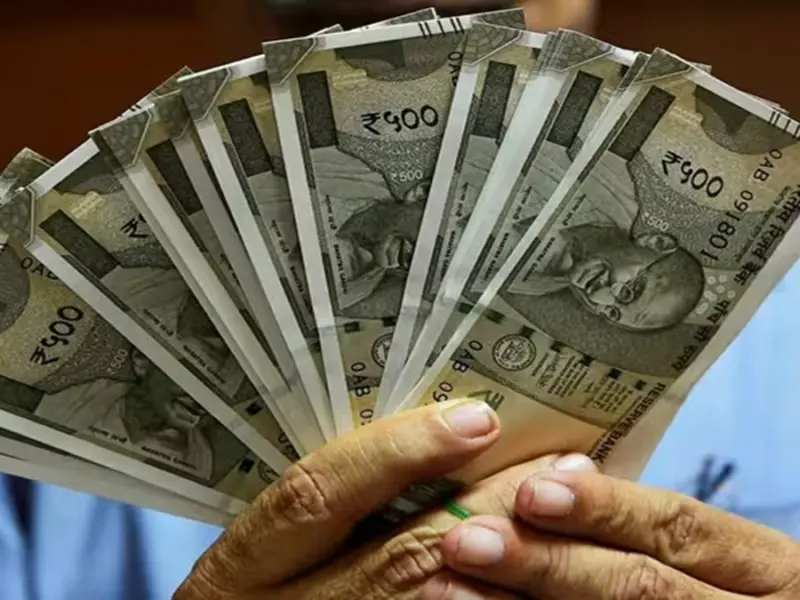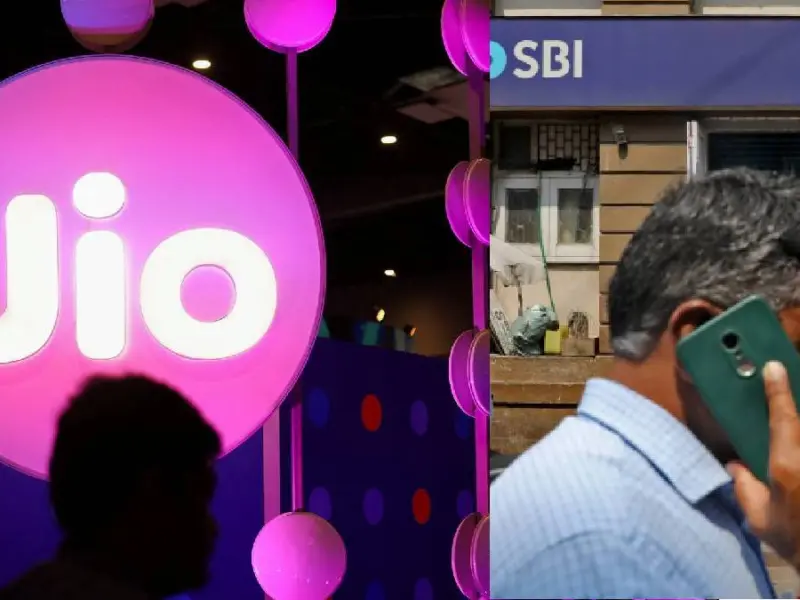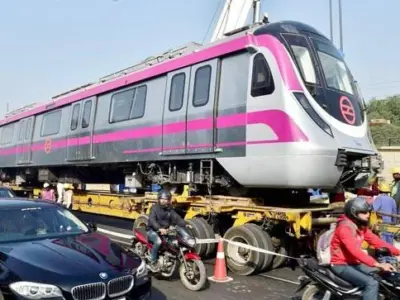Delhi’s political scene is buzzing with drama! Kailash Gahlot, a senior leader of the Aam Aadmi Party (AAP) and the Transport Minister of Delhi, dropped a bombshell by resigning from his position. This move has created a stir in political circles and ignited a war of words between AAP and the BJP.
While Gahlot’s resignation has shocked many, what’s raising eyebrows even more is his recent visit to the BJP headquarters just a day after stepping down. Let’s break down what’s happening!
The Resignation That Shook Delhi Politics
On November 17, 2024, Gahlot announced his resignation, stating that the AAP government is failing to deliver on its promises to the public. This came as a big surprise, as Gahlot has been a prominent face of AAP.
However, things got even more interesting when Gahlot was spotted at the BJP office the very next day. Yes, you read that right—just 24 hours after his resignation, he was seen entering BJP territory, sparking all kinds of speculations about his political future.
AAP Blames BJP for Pressure Tactics
AAP leaders wasted no time accusing the BJP of pressurizing Gahlot to resign. They claim that the BJP is using underhanded tactics to destabilize the AAP government in Delhi. According to AAP, this is yet another instance of the BJP trying to lure opposition leaders into its fold.
One AAP leader even commented, “Soon, Gahlot will be ‘washed clean’ in the BJP’s washing machine,” hinting at a popular political metaphor for leaders switching sides after scandals.
What’s Next for Gahlot?
Gahlot’s visit to the BJP office has left political analysts scratching their heads. Is he joining the BJP? Was his resignation really a result of dissatisfaction with AAP, or is this part of a bigger political play?
For now, the BJP has remained tight-lipped, neither confirming nor denying any talks with Gahlot. Meanwhile, social media is ablaze with memes and debates over this dramatic turn of events.
Public Reaction
The general public seems divided:
- AAP supporters: They are accusing the BJP of engineering yet another defection to weaken their party.
- BJP supporters: They view Gahlot’s move as a validation of the BJP’s governance model.
- Neutral voices: Many are just entertained by the drama and waiting to see what happens next.
BIG UPDATE: Kailash Gahlot Joined BJP Now
In a significant political development, Kailash Gahlot, a senior leader of the Aam Aadmi Party (AAP) and Delhi’s Transport Minister, joined the Bharatiya Janata Party (BJP) on Monday. This move comes just a day after he resigned from the AAP, citing internal differences and accusing the party of prioritizing its political ambitions over public welfare.
Why Gahlot Quit AAP
In his resignation letter addressed to AAP convener Arvind Kejriwal, Gahlot voiced strong disapproval of the party’s direction. He stated,
“Instead of fighting for people’s rights, we have increasingly only been fighting for our own political agenda.”
The former minister highlighted unfulfilled promises, such as the much-publicized cleaning of the Yamuna River, which he claimed has only worsened. Gahlot also took a dig at Kejriwal by mentioning controversies like the ‘Sheeshmahal’ issue, which he said undermines the party’s image as one representing the “Aam Aadmi” (common man).
From AAP to BJP: A Blow to the Party
Kailash Gahlot’s exit marks the third high-profile resignation from AAP’s cabinet in recent times. Gahlot, who handled key portfolios such as Home, IT, Administrative Reforms, and Women & Child Development, was seen as an influential Jat leader within the party.
His decision to join the BJP is a major setback for AAP as Delhi gears up for its assembly elections slated for February next year. Notably, Gahlot’s resignation follows earlier defections of two other ministers:
- Raaj Kumar Anand: Quit AAP in April to join BJP.
- Rajendra Pal Gautam: Resigned in November 2022, citing personal reasons, and later joined BJP.
Gahlot’s Accusations
In his criticism of AAP, Gahlot pointed out:
- Unmet promises: The Yamuna River remains heavily polluted despite repeated pledges.
- Ethics questioned: Issues like the ‘Sheeshmahal’ controversy have tarnished the party’s credibility.
- Deviation from principles: The focus on political gains, he argued, has eroded the party’s founding ideals of representing the common man.





